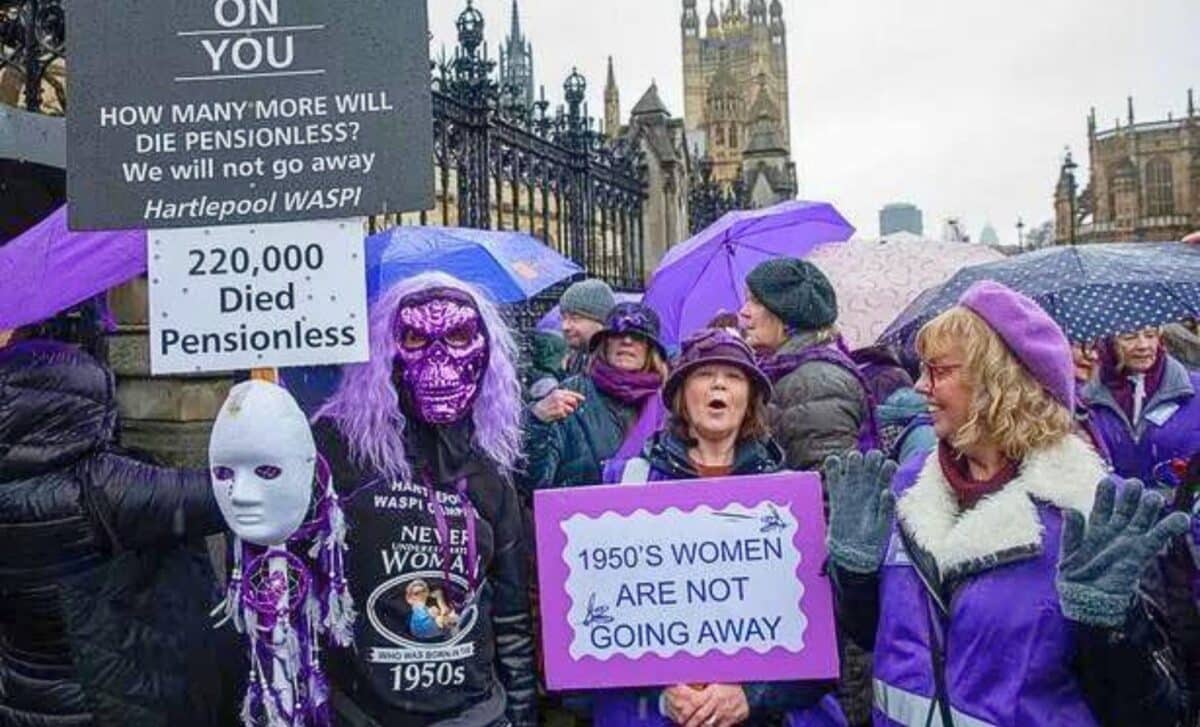The Department for Work and Pensions (DWP) is coming under increasing pressure to review the compensation due to Waspi women (Women Against State Pension Inequality).
This follows a decision by the Ombudsman that the women were entitled to compensation due to underpayments and historical errors.
Labour MP Mark Hendrick has called on the DWP to examine the potential benefits of compensating all women affected by changes to the state pension age.
The Ombudsman called on Parliament to find a solution that would provide an appropriate remedy for women who have suffered as a result of the DWP’s maladministration. The report suggests that this would be the most effective way of providing redress for the injustices that have occurred.
It is estimated in the report that compensation should be in the bracket of £1,000 to £2,950 for the estimated 2.6 million women affected by the increase in the retirement age.
Who Might Be Entitled to Waspi’s Compensation?
The Waspi Group is campaigning for women born between 6 April 1950 and 5 April 1960. So anyone born between these dates may be entitled to compensation, but no decision has yet been made.
Calls have been made for compensation to be set at a higher level. According to several MPs and campaigners, the amount should be closer to £10,000 for each woman.
MP Alan Brown said in a speech to Parliament in February that a Tier 6 band with payments of £10,000 or more would be the most appropriate level of compensation. He also suggested adopting at least level 5 of the Parliamentary and Health Service Ombudsman’s redress scales.
Angela Madden, Chair of Waspi, said that all political parties have a duty to the women affected to make a clear and unambiguous commitment to compensation.
The Deputy Chair of the All-Party Parliamentary Group on WASPI, Gavin Newlands MP, believes there should be a Commons vote on compensation as soon as possible.
The Ombudsman has been clear in his report about the need to compensate WASPI women who have suffered as a result of DWP misadministration.
“The Ombudsman was clear – compensation should be paid to the WASPI women who suffered due to the DWP’s maladministration.”
Further government feedback on these calls is highly anticipated. The DWP has said that it will provide an update once the findings of the report have been fully considered.
Whether significant compensation payments will be made is an important issue for both the Government and the women affected by these changes.










My wife Never received a letter to say she wouldn’t be retiring at 60.That made me carry on working because we couldn’t manage on my pension. My wife Should be paid the total amount of pension for the 6YEARS SHE LOST.